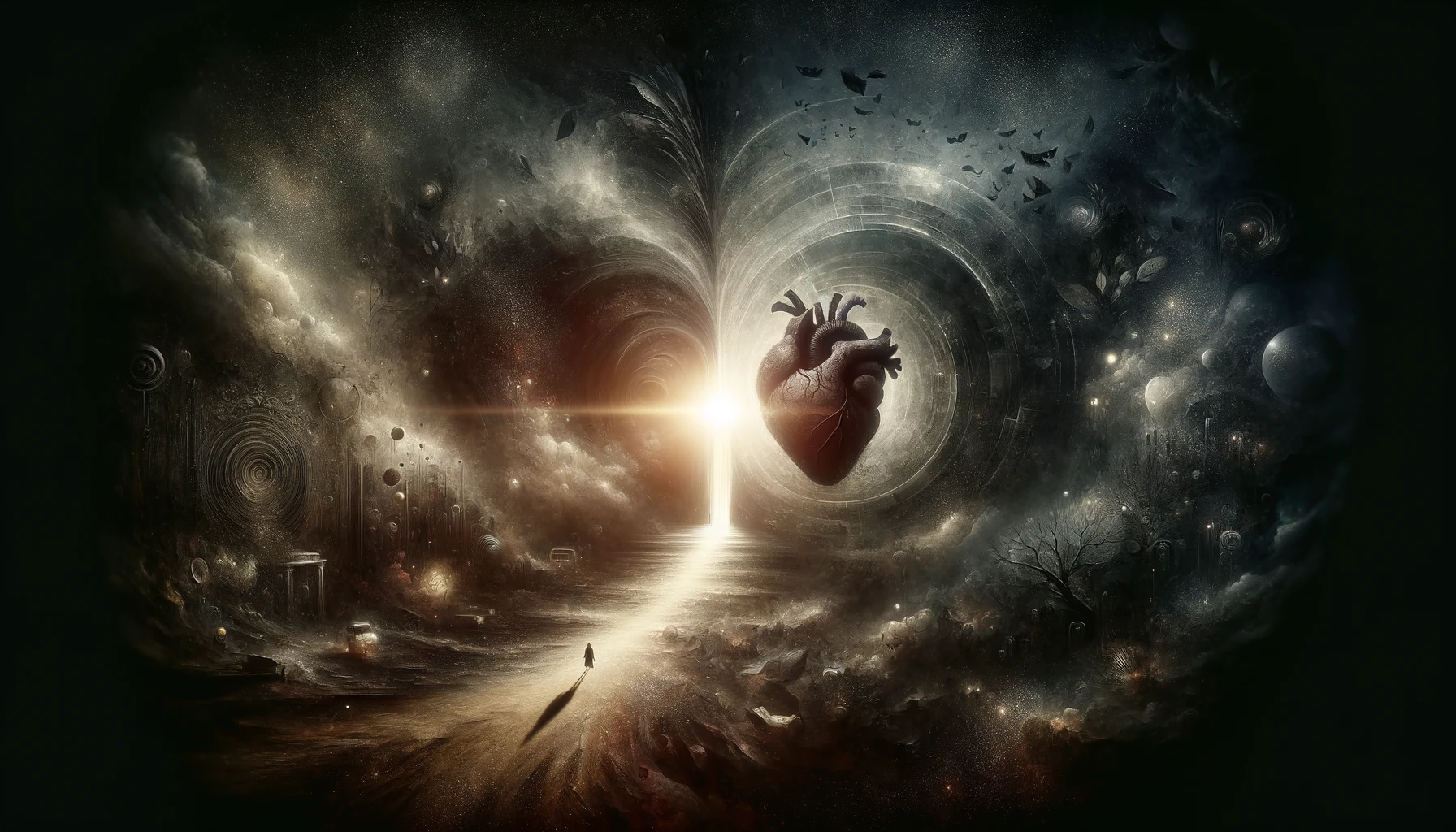The Dark Side of Love: Heartbreak is an emotional state that can feel as debilitating as a physical injury. Heartbreak occurs when love and deep emotional connections are lost, leading to a cascade of psychological and physiological responses. This intense emotional pain often arises from romantic rejection or the end of a close relationship, but it can also result from unrequited love or the betrayal of a trusted partner.
 The Emotional Impact of Heartbreak
The Emotional Impact of Heartbreak
The initial response to heartbreak can be a profound sense of loss and emptiness, as if a part of oneself has been torn away. This feeling is not just metaphorical; the emotional pain experienced during heartbreak activates the same areas of the brain that process physical pain. People going through heartbreak may experience a range of emotions, including sadness, anger, confusion, and despair. The intensity of these emotions can vary, but they often lead to a period of mourning similar to grieving the death of a loved one.
Psychological Effects
The psychological effects of heartbreak can be severe and far-reaching. It can trigger a decline in self-esteem and self-worth, leading individuals to question their value and desirability as partners. Heartbreak can also lead to depression, anxiety, and significant stress, affecting one’s ability to function in daily life. In some cases, individuals may struggle with obsessive thoughts about their ex-partner, continuously analyzing what went wrong and fantasizing about reconciliation.
Physical Repercussions
Heartbreak doesn’t just affect the mind; it can have tangible physical effects on the body. The stress associated with a breakup can impair the immune system, making one more susceptible to illnesses. It can also disrupt sleep patterns, leading to insomnia or excessive sleeping. Some people may experience changes in appetite, either losing it entirely or turning to food for comfort, which can lead to weight loss or gain. The strain on the heart and body can even increase the risk of cardiovascular issues in some individuals.
Coping Mechanisms
Coping with heartbreak requires time and self-compassion. It’s important for individuals to allow themselves to grieve the loss of the relationship and the future they had envisioned with their partner. Engaging in self-care practices, such as exercise, healthy eating, and getting enough sleep, can help manage the physical symptoms of heartbreak. Seeking support from friends, family, or a mental health professional can provide emotional relief and perspective.
Many people find that engaging in new activities or hobbies can help redirect their focus and energy. Additionally, reflecting on the relationship and breakup can lead to personal growth and a better understanding of one’s needs and desires in a partner.
 Heartbreak is a universal experience that can test the limits of emotional endurance. However, it can also serve as a catalyst for personal growth, self-discovery, and eventually, the healing of emotional wounds. By navigating through the dark side of love, individuals can emerge stronger, more resilient, and with a deeper capacity for love and compassion.
Heartbreak is a universal experience that can test the limits of emotional endurance. However, it can also serve as a catalyst for personal growth, self-discovery, and eventually, the healing of emotional wounds. By navigating through the dark side of love, individuals can emerge stronger, more resilient, and with a deeper capacity for love and compassion.


